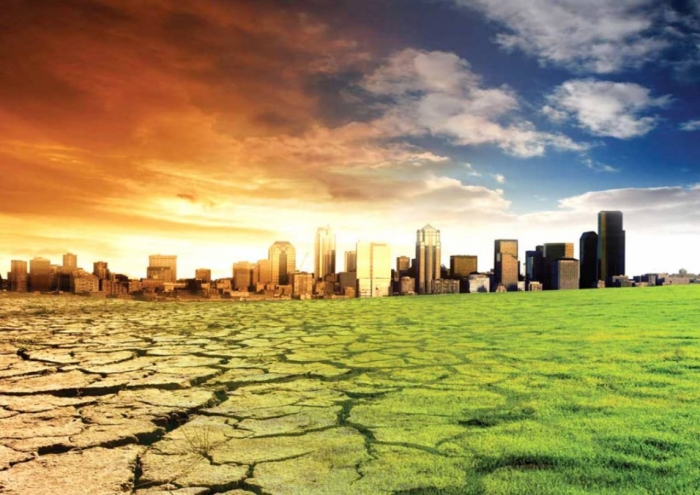On March 22, Philip Kitcher, a professor of philosophy at Columbia University, discussed the difficulties of implementing climate change policy during the 2018 Mossman lecture. The lecture series, named after McGill alumnus and chemist Donald Mossman, seeks to raise awareness about scientific thought that is pertinent to solving the issues currently facing society.
According to Kitcher, deciding the appropriate course of climate action requires weighing the needs of the present against those of both developing nations and future generations. By providing philosophical insight to the debate, Kitcher broke down why it is so difficult to motivate climate action.
Over 97 per cent of the world’s climate scientists agree that climate change is a result of human activities. Despite the overwhelming amount of supportive data, climate change deniers are far from few in number. When denial is so prevalent, even among world leaders, it is difficult to move forward.
The problem extends beyond the deniers. While many people believe climate change is real, few are aware of the rate at which change is occurring. According to NASA, humankind is facing the possibility of a global temperature rise between two and six degrees Celsius in the next century. This increase will cause more extreme episodic weather events such as wildfires, droughts, floods, storms, and heat waves, events that will permeate all aspects of life. Droughts, for example, can lead to water wars, and floods can spread infectious disease.
Another barrier to action is the debate on what issues we should prioritize. Many believe that governments should be focusing their efforts on remedying suffering and poverty in the present, and should let the future take care of itself.
“It would be wrong to ask any single generation to sacrifice everything to aid another,” Kitcher said. “If we don’t act on climate change [now], the life of future generations will be hard. [Similarly, however,] if we don’t act to help people now, their [lives] will continue to be very hard.”
The solution, Kitcher said, is dividing our resources. Kitcher proposed that we must ensure a habitable world for future generations while alleviating the plight of the poor in today’s society.
Many scientists and researchers worldwide are working on different ways to reduce greenhouse gas (GHG) emissions. Kitcher, applauding their efforts, suggested that in order to discover the best method, countries should explore new and varied approaches to decreasing their emissions.
Coming up with a solution is now more important than ever, as the atmosphere can only handle a certain amount of GHGs. The United States has already used up close to a third of the quota despite only having about four per cent of the world’s population.
Kitcher explained that understanding the economic and political changes needed to take action is challenging, as better communication between nations is necessary.
“If too many nations refuse to cooperate, then our planet will be doomed,” Kitcher said. “We must no longer adhere to nationalist politics or unrestrained capitalism.”
Ultimately, climate action is a collaborative effort. Nations that have profited from industrialization need to step up and bear the burden of not only mitigating their own emissions, but those of developing nations as well.
“[I’m giving this lecture] in [the] spirit of looking at problems and forging an alliance to destroy the collective enemy we’ve created for ourselves, atmospheric carbon,” Kitcher said. “[Our] best hope is to overcome our differences and confront our [common] enemy. If we don’t, the beautiful world [that] we live in will give way to a world that is far nastier, a world that our grandchildren’s grandchildren will find it hard to survive in.”








